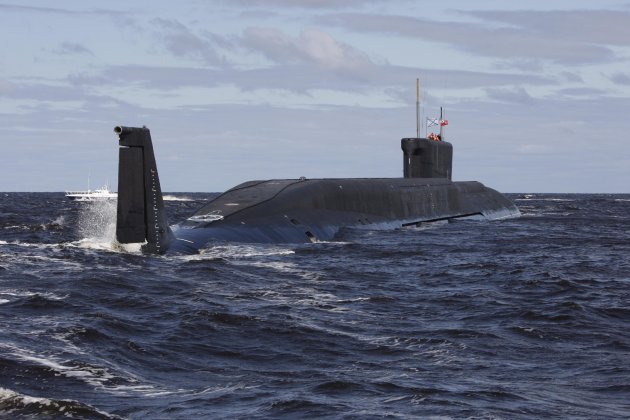And his work does continue today. Not only is Peter Senese a best-selling author, but he is also the Founding Director of the I CARE Foundation, an organization dedicated to conducting research and raising social awareness about the serious issue of international child abduction. The I CARE Foundation has also played a major role in creating legislative initiatives that are helping to reduce the rate of abduction.
Peter Senese has made it very clear that he is committed to helping families targeted for international abduction, both through his work with the I CARE Foundation and by the fact that he so generously donates 100% of the royalties earned from the sale of his e-books,including Chasing The Cyclone and The Den Of The Assassin.
The fast-paced, legal thriller, Chasing The Cyclone has been heralded as a must read by targeted parents that are desperately trying to protect their children from international child abduction. Peter Senese's novel has been recognized by child abduction prevention advocates as a road map on how a parent may either prevent the international abduction of their child or reunite with their child. As international parental child abduction continues to be a grave concern for thousands of parents each year, resource guides that outline child abduction risk factors and preventive measures against abduction are critically important. Chasing The Cyclone provides parents with keen insight on these issues.
The Den Of The Assassin is being praised by top critics as an international financial espionage thriller that is filled with the modern-day realities of our post 9-11 world. The story is steeped with realism and the frightful possibilities of global cyber and biological terrorism. It opens in New York City where unassuming investment banker, Tyler Boxter, is preoccupied with his career on Wall Street, which acts a personal shield against the trappings of life that hides the guilt, pain and memories he doesn't want. During one of the biggest deals of his career, and unknown to Boxter, he is about to play a sophisticated but explosive game against a savage and merciless madman.
Reviewers of The Den Of The Assassin have praised Peter Senese's storytelling.
Renowned book critic Daniel Jolley commented: "This is one seriously good thriller. Billed as a 'novel of international finance and espionage', Den Of The Assassin is a super-realistic exploration of frightening possibilities, unsurpassed heroism, Lucifer-life evil, and terrorism of the worst kind... The novel revolves around some kind of Day of the Jackal-like assassination plot, but the complexity of this novel stretches it's tendrils deeply into international finance, the vagaries of the American legal and health care systems, international terrorism, diplomacy, intelligence, WMD, and cold-blooded murder - with a little romance thrown in just to stir up the pot a little more. Peter Senese does a masterful job traversing the inner hallways of diverse institutions as he slowly brings all these diverse elements together for a slam-bang climax... Peter Senese displays a wealth of knowledge of geopolitics, espionage and international finance, describing all the technical intricacies of the story's elements and implications with great attention to detail - without ever letting the pace get bogged down or become confusing to the reader. He also keeps a number of secrets close to the vest, saving them for just the right time in the story. This serves to make the book thoroughly believable and increasingly suspenseful. There's no shortage of action here. What Tyler finds himself involved in is nothing less than a war, and he must fight to save not only himself, his friends and his company, but his very country from an unimaginable catastrophe. The Father's network of agents and killers is as formidable as they come, and the security-related forces Tyler brings into the game are some of the best money can buy. In the end though, the drama becomes deeply personal, as the Father and Tyler Boxter rush headlong toward a face-to-face encounter of epic proportions... Many a writer of thrillers seem to drop the ball somewhere in the middle of their novels, but Peter Senese's knowledge of geopolitics, international finance and 21st century terrorist threats keeps the fires of detailed complexity and story evolution stoked and red-hot for the entire ride. Tyler Boxter is no James Bond, but Den Of The Assassin proves to be just as exciting as any 007 caper - and much more realistic."
Predators Games, which will be released soon, is the riveting sequel to The Den Of The Assassin. It propels readers into the shocking and deadly world of alternative energy speculation and depicts the world's power-nations conspiring against one another in an extremely dangerous and potentially cataclysmic quest to control what was once the unthinkable unfolds as unique characters initially introduced in The Den Of The Assassin race into real and startling possibilities evolving around advances in alternatives energy and mankind's greed.
To learn more about Peter Senese and his various writings or child advocacy... or to order an autographed and dedicated copy of one of Peter's novels, please visit any of the following websites:
I CARE Foundation
The Official Website of Peter Senese
The Official Website of The Den Of The Assassin
The Official Website of Chasing The Cyclone
You can also purchase Peter's e-books at:
Amazon
Barnes and Noble






 The Russian navy
The Russian navy